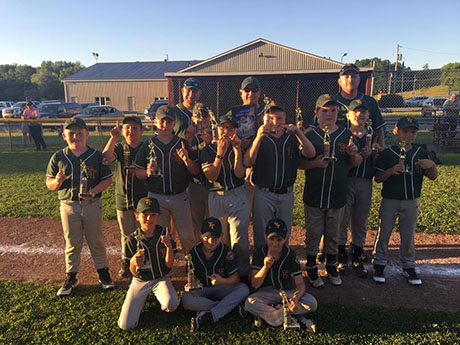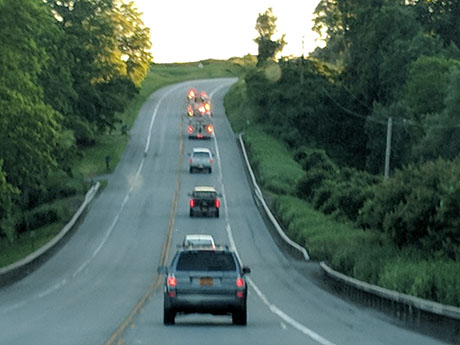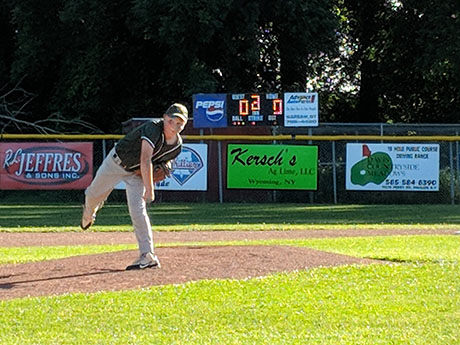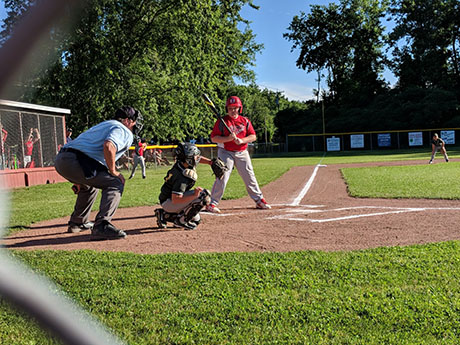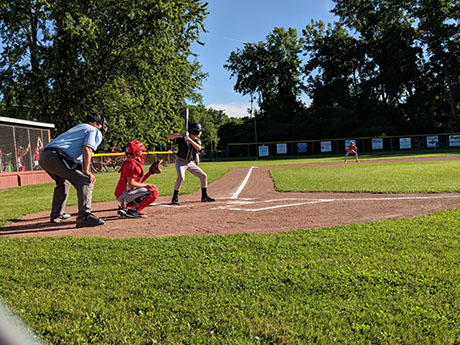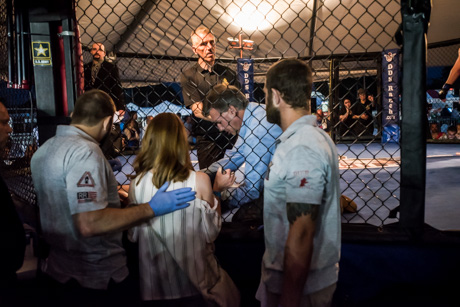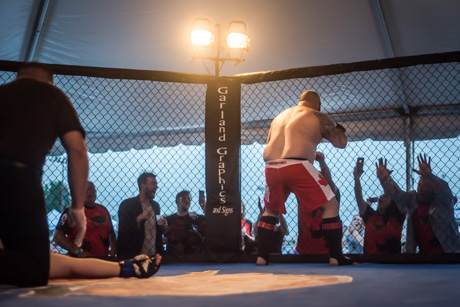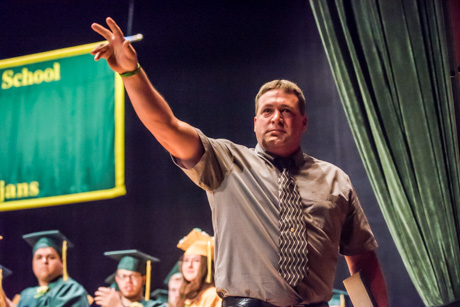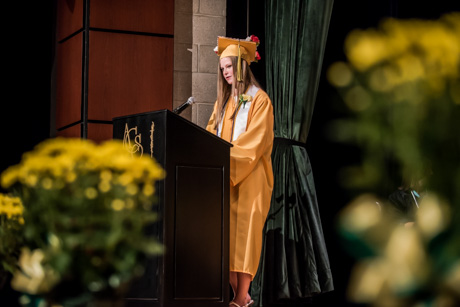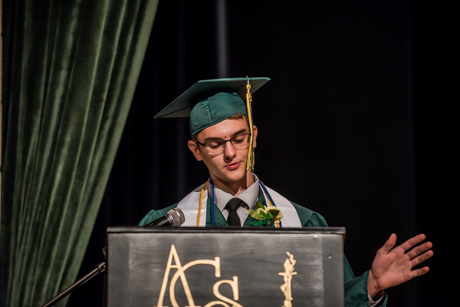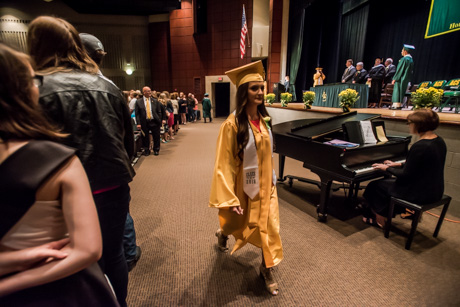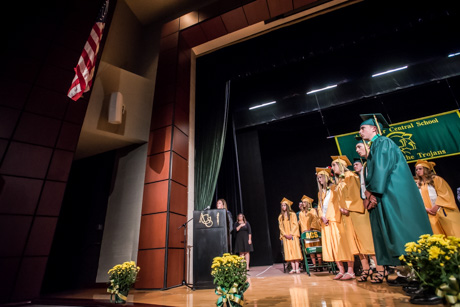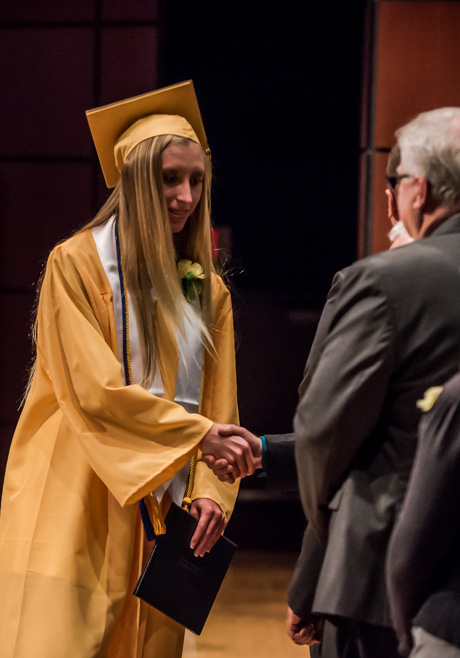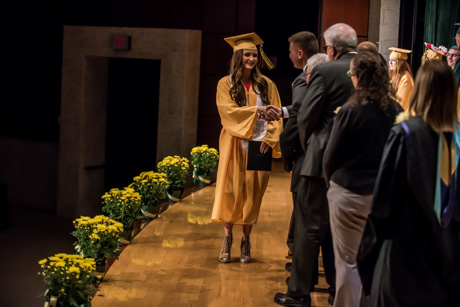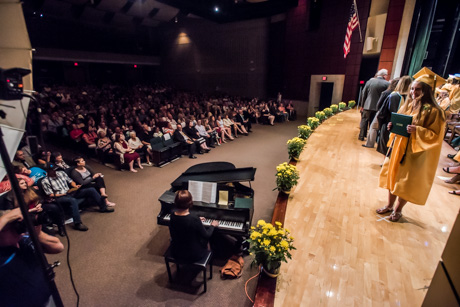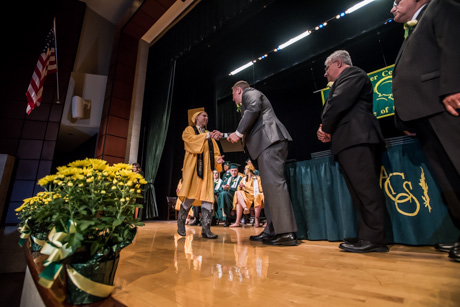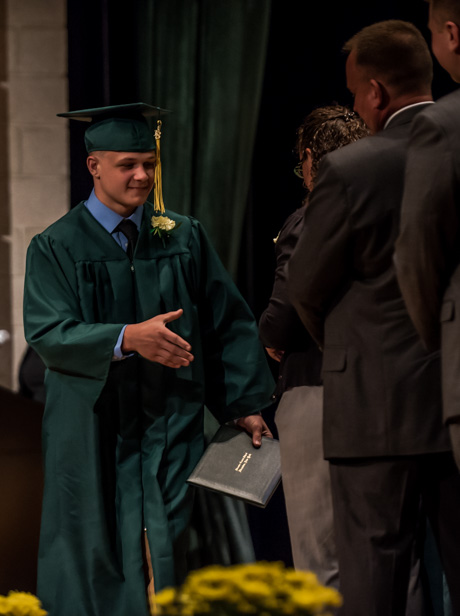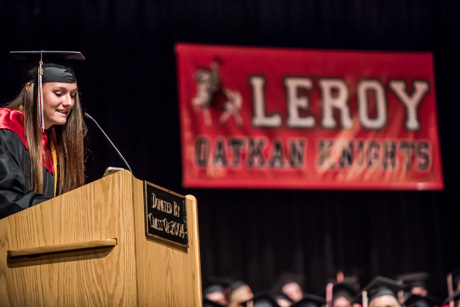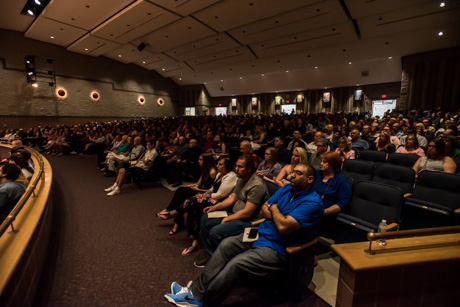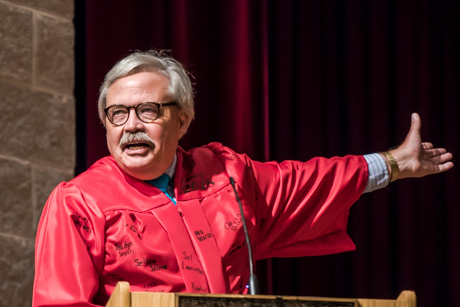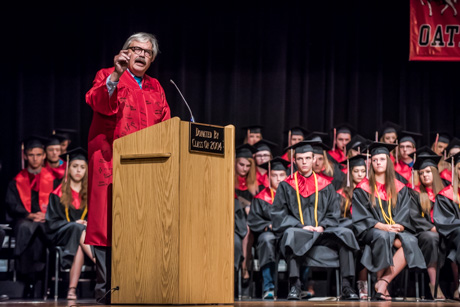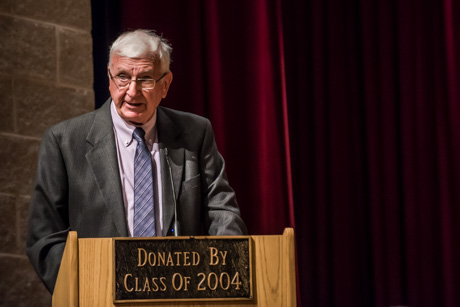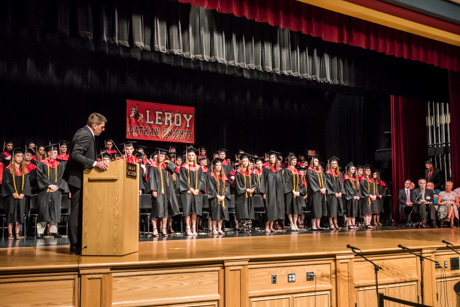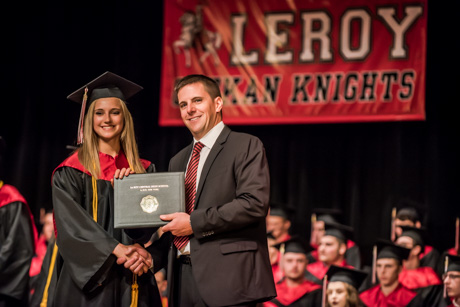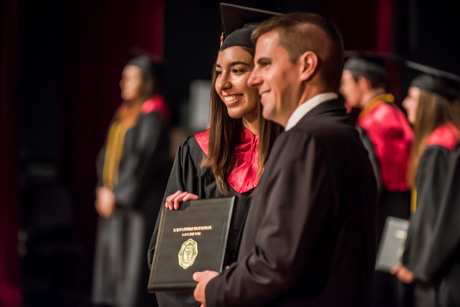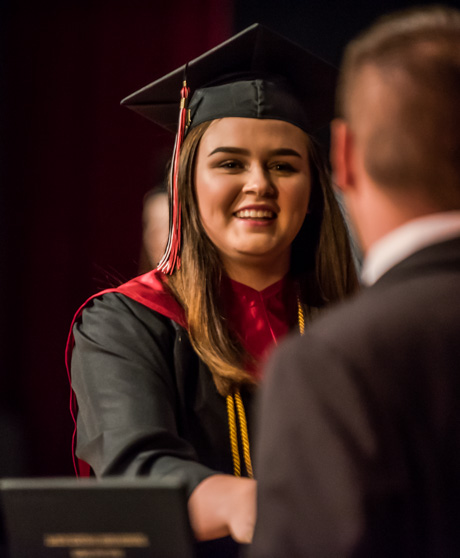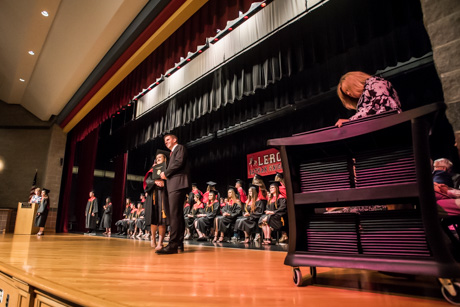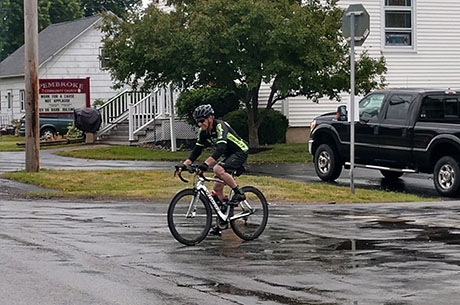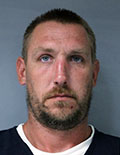This past February, members of the Alexander Central School District Board of Directors traveled outside of the district, driving to East Aurora, for a retreat where, according to the school district's attorney, the board members learned about how to work together better.
If that's all the retreat was, it's perfectly legal.
However, in a May 15 interview with The Batavian, Superintendent Catherine Huber said that at the retreat the board developed a policy called the "Norms."
If that's true, and if you interpret the "Norms" as a work product unique to the Alexander CSD, the retreat may have violated the state's Open Meetings Law, according to Robert Freeman, executive director of the NYS Committee on Open Government.
It would take a citizen filing a legal challenge to the meeting/retreat to determine if it really were a violation of the law. Freeman's statements to a reporter is not a legal determination.
"If they came back with a policy that is clear, then the purpose of the retreat was not general in nature," Freeman said. "Policy can only be established and discussed in a meeting in accordance with the Open Meetings Law. The facts, in this case, differ from the analysis offered by the school district attorney."
The "Norms" for the school board, as published in a district newsletter earlier this year, are:
- We represent all students and District residents;
- We speak with one voice;
- We consider all matters brought to the Board as confidential;
- We are active listeners;
- We agree to the practice of tell one, tell all;
- We are visible in our schools and at school functions;
- We are respectful to all.
It is the "one voice" policy that brought the retreat and the "Norms" to the attention of The Batavian. As reported earlier, Huber, school members, and a school board candidate have used this policy as a reason that board members cannot answer questions from reporters.
After the May 15 interview, The Batavian filed a request under Freedom of Information Law for all documents, including emails, related to the retreat including an agenda, minutes, meeting notices, notes, memos, and emails created in the planning of the retreat, and any documents produced after the retreat.
The Batavian received back two documents, receipts from the Roycroft Inn for a meeting room rental and food totaling $496.80.
In response to receiving only the receipts, The Batavian emailed the school district's attorney, who responded to the FOIL request, and asked: "No agendas? Minutes? Meeting notices? Dr. Huber went into this meeting with no preparation? There was no prior planning? The board members didn't have hotel rooms? No travel expenses?"
Schwartzott responded, "Yes, that is correct – the District did not prepare agendas or take minutes. Additionally, there were no hotel expenses because no one stayed at a hotel. There were no travel expenses because there wasn’t any travel involved – the Roycroft Inn is in East Aurora."
She didn't address the question about missing meeting preparation documents.
In subsequent emails, Schwartzott denied the board held a meeting. We asked her to explain how the retreat didn't violate the OML.
Her response:
District policy was not discussed or created at the Board retreat. As Dr. Huber explained and your publication clearly states (“Recently we did a board retreat and the board established norms, which you also probably saw on our website, and one of the norms that the board established was that they would speak with one voice”), the discussion centered around communication strategies (i.e., “norms”), which the State’s Committee on Open Government (COOG) has determined is a permissible topic for Boards of Education to discuss privately in a retreat setting (see OML-AO-3709).
Moreover, COOG has also long held that a meeting of members of a Board of Education at which “public business” is not being discussed is not a Board meeting, and, therefore, is not a public event and does not follow the requirements in the Open Meetings Law (see Open Meetings Law Section 102(1); see also OML-AO-4762).
While Schwartzott did not explicitly quote from OML-AO-3709, which was written by Freeman, for example, does state:
... if there is no intent that a majority of public body will gather for purpose of conducting public business, but rather for the purpose of gaining education, training, to develop or improve team building or communication skills, or to consider interpersonal relations, I do not believe that the Open Meetings Law would be applicable.
In that event, if the gathering is to be held solely for those purposes, and not to conduct or discuss matters of public business, and if the members in fact do not conduct or intend to conduct public business collectively as a body, the activities occurring during that event would not in my view constitute a meeting of a public body subject to the Open Meetings Law.
In other words, school boards can have retreats for the sole purpose of education and training without violating the Open Meetings Law.
However, the next paragraph states:
"...if indeed the retreat involved 'District goals' and consideration of the policies and procedures referenced earlier, I believe that it constituted a 'meeting' that fell within the requirements of the Open Meetings Law."
In The Batavian's discussion with Freeman about these official, written opinions, he expressed the opinion that a retreat that produces "Norms" would mean that discussions were held and decisions made that were unique to the district, sets policy for the board, and is not general in nature, then the gathering is covered by the Open Meeting Law.
"This clearly involves school district business that is unique to the school district and is not general in nature," Freeman said.
We provided these Freeman's quotes to Schwartzott and she called Freeman and then sent The Batavian an email that began, "It turns out he and I don’t disagree about these issues at all. Mr. Freeman said you didn’t provide him with all of the relevant information when you spoke."
She added, "To confirm, now for the third time, the District’s position remains that a discussion about how to develop strong communication skills at the Board retreat did not violate the Open Meetings Law. In closing, this is my last comment about this; I will not engage with you on this issue anymore."
We asked Schwartzott to provide the "relevant" information The Batavian did not provide to Freeman. She did not respond. When we spoke to Freeman today, he mentioned no missing relevant information and confirmed his prior opinion the "Norms" look like something that is unique to the district, sets policy, and should have been handled in a public meeting.
By this time, we had provided Freeman with the full May 15 quote from Huber and a copy of the "Norms."
"Again," Freeman said, "it seems to me what is described here would essentially be a policy of the board of education and the school district, which, again, should have been discussed in an open meeting."
See also: Analysis: It's still not clear what Alexander attorney and superintendent believe about free speech for board members




